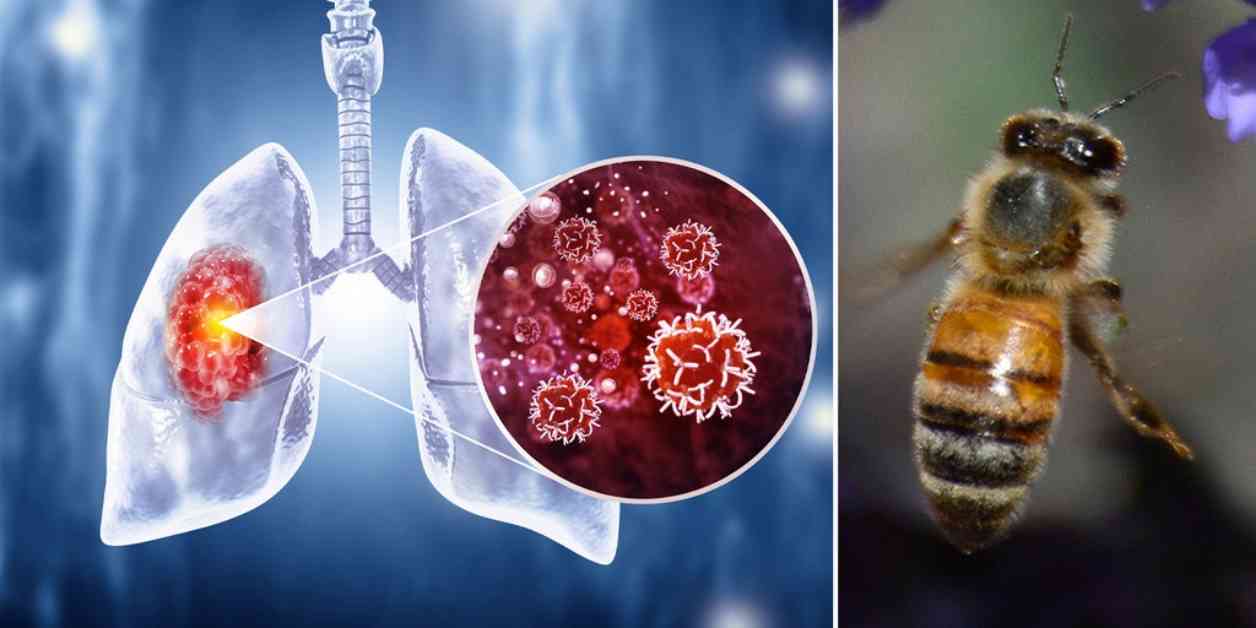Honeybees have been found to have the remarkable ability to detect chemicals associated with lung cancer in human breath, according to a recent study conducted by researchers at Michigan State University. The study, published in the journal Biosensors and Bioelectronics, revealed that honeybees were able to identify human lung cancer biomarkers with an impressive success rate of 82%.
Professor Debajit Saha, from MSU, compared the honeybee’s olfactory system to that of dogs, highlighting their incredible sense of smell. The research team at MSU developed a synthetic breath mixture containing six compounds found in the breath of individuals with lung cancer, as well as a synthetic “healthy” breath mixture. These mixtures were then tested on approximately 20 honeybees, each fitted with a harness and tiny electrode to measure brain activity.
The bees were able to detect the cancer-indicating compounds even in minuscule amounts, showcasing their sensitivity to minute changes in chemical concentrations. The researchers hope that this groundbreaking research could lead to the development of a sensor based on the honeybee brain that could be used to quickly and accurately test human breath for the presence of lung cancer.
Autumn McLane-Svoboda, a graduate student on the research team, emphasized the potential implications of this study, stating that the sensor developed from honeybee research could revolutionize cancer diagnosis and treatment. Early detection of lung cancer is crucial, as smoking remains the leading risk factor for the disease and is responsible for 80% of lung cancer deaths.
With an estimated 235,580 new cases of lung cancer expected to be diagnosed in the U.S. in 2024, the need for innovative and efficient screening methods is more pressing than ever. The ability of honeybees to detect lung cancer biomarkers offers hope for a future where early cancer detection is more accessible and accurate, potentially saving countless lives.





















